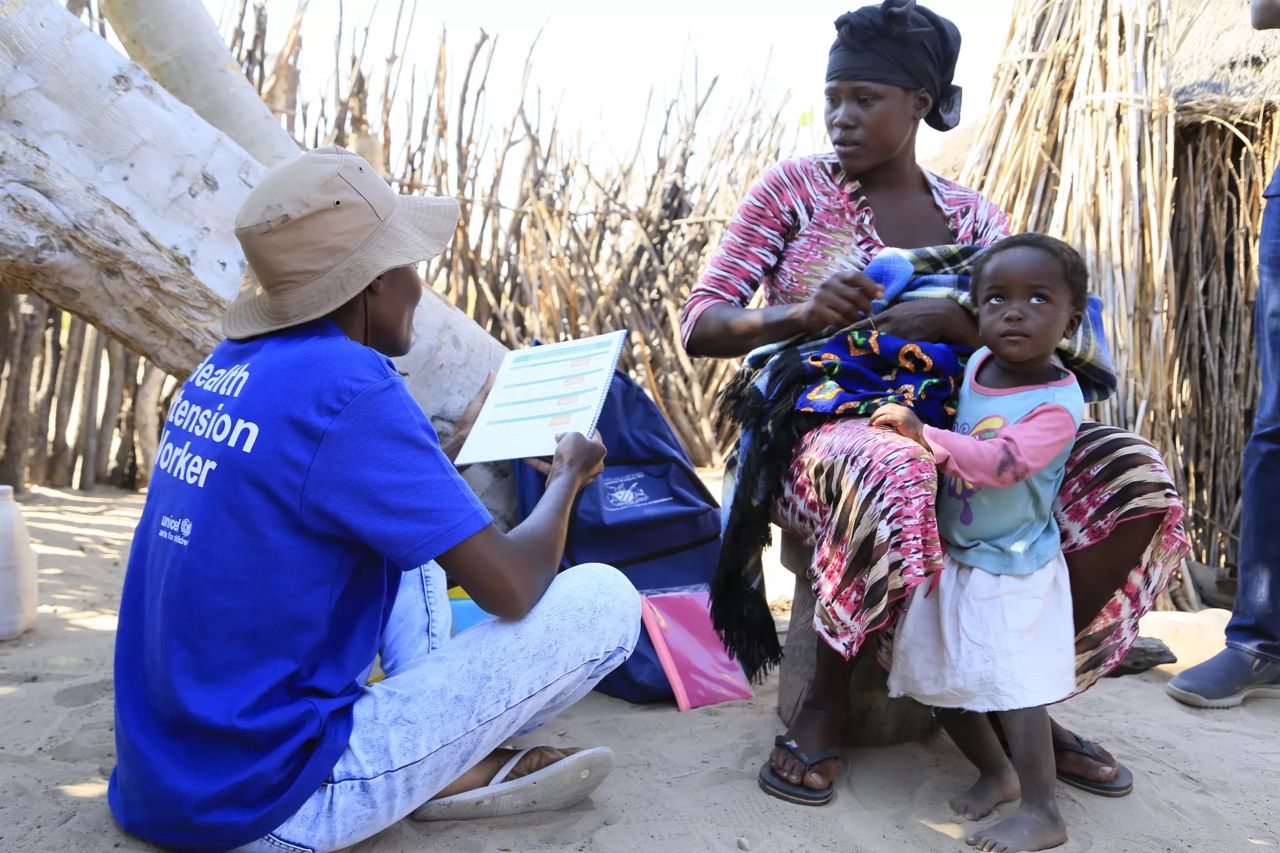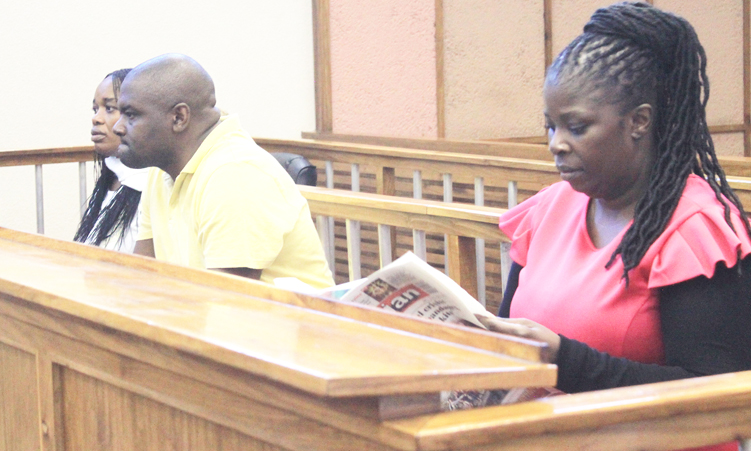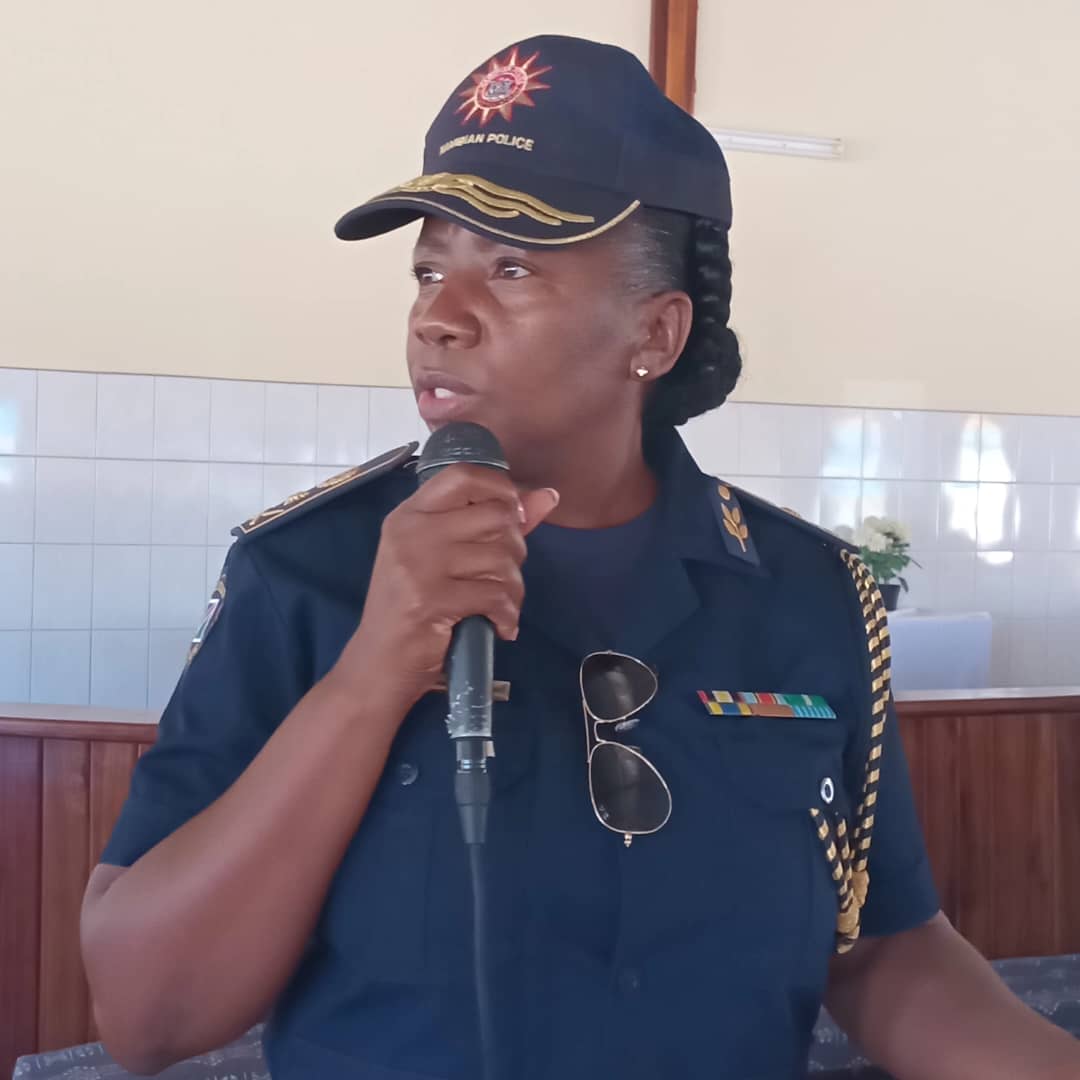LIGHT rains received in November this year have not helped the already poor state of grazing in Namibia, with some farmers in the North driving their animals into Angola where there is better grazing.
The Namibia Early Warning and Food Security Information System (Newfis) says in its latest report that the situation is more severe in the Omusati, Ohangwena, Oshana and Oshikoto regions, where many animals have starved to death. The poor grazing conditions are the result of insufficient and sporadic rainfall received since the last growing season.The report said water shortages for livestock were being experienced in the Ohangwena, Oshana and Oshikoto regions.”Most of the community taps were closed due to the accumulated amount of water bills and inability of farmers to pay off their water bills,” Newfis said.Cabinet subsequently instructed NamWater to reopen the taps for communal farmers countrywide.Newfis said the affected constituencies included Eenhana, Engela, Ohangwena, Ongenga, Eengodi, Guinas and Okankolo.Livestock in the north-central regions are said to be in poor condition, with some farmers losing a large number of cattle and donkeys to the drought.”Most of the draught animals are not fit for cultivation and farmers have to wait for a while, until they regain their body condition, before they can use them for ploughing again.”The Newfis bulletin said land preparation for the new planting season had started in all parts of the crop-producing regions.Some farmers started ploughing after the first rains in mid-November, but there were no follow-up showers and the planting season has been delayed.”Farmers are advised to make use of early-maturing (improved) varieties of crops which will perform better because of the shorter season,” Newfis said.The poor grazing conditions are the result of insufficient and sporadic rainfall received since the last growing season.The report said water shortages for livestock were being experienced in the Ohangwena, Oshana and Oshikoto regions.”Most of the community taps were closed due to the accumulated amount of water bills and inability of farmers to pay off their water bills,” Newfis said.Cabinet subsequently instructed NamWater to reopen the taps for communal farmers countrywide.Newfis said the affected constituencies included Eenhana, Engela, Ohangwena, Ongenga, Eengodi, Guinas and Okankolo.Livestock in the north-central regions are said to be in poor condition, with some farmers losing a large number of cattle and donkeys to the drought.”Most of the draught animals are not fit for cultivation and farmers have to wait for a while, until they regain their body condition, before they can use them for ploughing again.”The Newfis bulletin said land preparation for the new planting season had started in all parts of the crop-producing regions.Some farmers started ploughing after the first rains in mid-November, but there were no follow-up showers and the planting season has been delayed.”Farmers are advised to make use of early-maturing (improved) varieties of crops which will perform better because of the shorter season,” Newfis said.
Stay informed with The Namibian – your source for credible journalism. Get in-depth reporting and opinions for
only N$85 a month. Invest in journalism, invest in democracy –
Subscribe Now!










